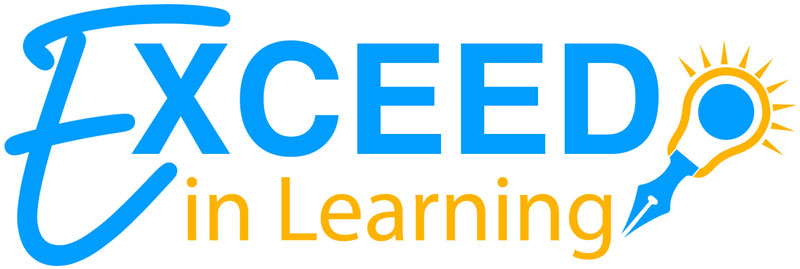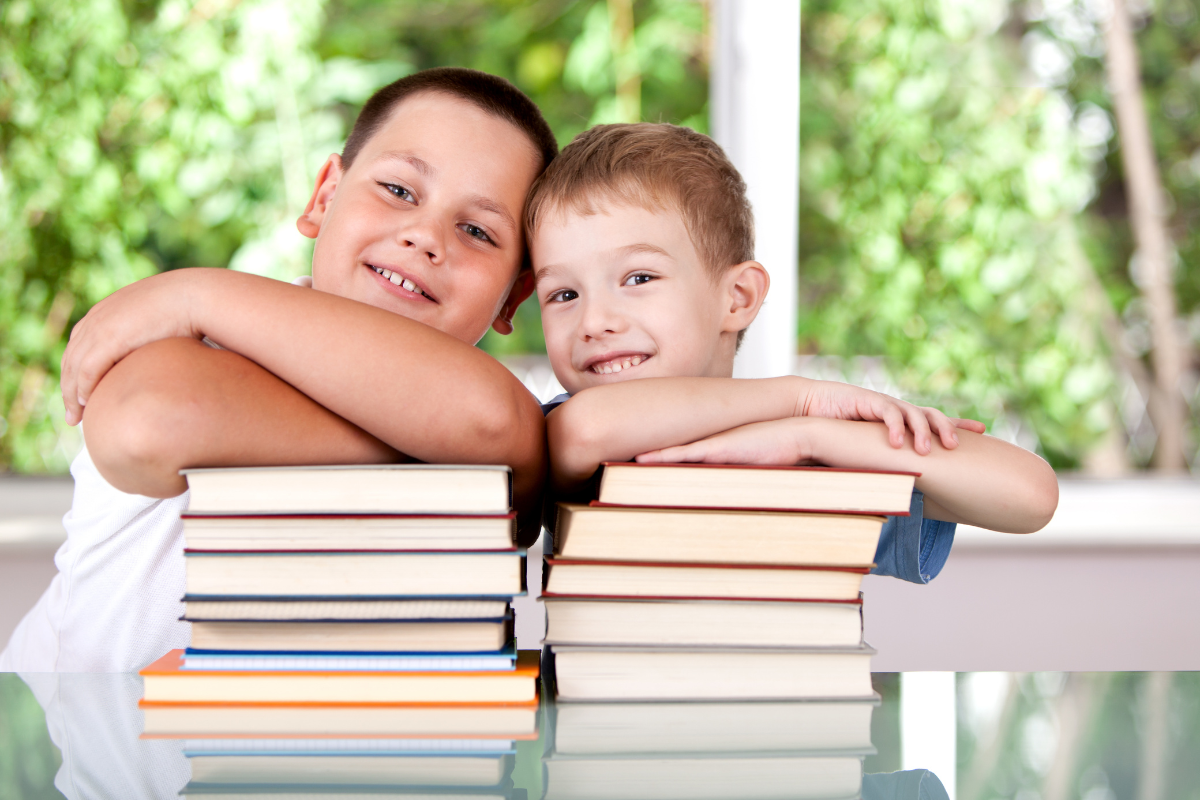Once children learn to decode and read the words on the page, the next step in this process is comprehension. If readers can read the words on the page, but do not understand what they are reading, they are not really reading. Comprehension is the goal of reading. It is the thinking process that readers use to understand what they read. Having a strong vocabulary, background knowledge and an understanding of how language words are critical to comprehending a text. In this blog, I will share things that good readers do to help them comprehend a text, and how you, as parents, can support your child with these skills.
Using Prior Knowledge
Before kids read a text, they should tap into what they already know about the subject. When kids recall their prior knowledge or experiences before reading, they can relate to the text better and comprehend more. Parents can help develop their child’s background knowledge by talking, reading, and exploring with their children to build background knowledge. The more kids understand and know about the world around them, the easier it will be for them to acquire new knowledge and understand what they read.
Drawing Inferences
Good readers not only have to understand the literal ideas that an author is trying to convey in the text, but they also have to be able to “read between the lines” and draw inferences about various hidden meanings such as why events are happening, why characters are behaving in a certain way, what characters are thinking and what may happen next in the story. Asking your child questions that start with “WHY do you think…?” will help them develop the complex skill of inferring.
Self-Monitoring
Ahhhh! This one is my FAVORITE! Have you EVER gotten to the end of a page and had NO IDEA what you just read? As busy adults, our minds are often preoccupied and this makes it hard to focus on a text. It’s important that kids understand that we struggle with this just like they do. (We know THEY think about MANY other things beside what they are supposed to be reading!) As adults, however, when we get to the bottom of a page and cannot recall a single detail, we will REREAD. Kids need to learn this skill as well. Too often, kids are just reading words on a page, not paying attention to when something doesn’t make sense. When your child is finished reading a page or two, ask them to tell you what happened. If they cannot recall important details, they will have to go back and reread, perhaps more slowly and carefully. Sometimes this is called “metacognition” or “thinking about your thinking”. Students who are skilled at monitoring their comprehension know when they understand what they are reading and when they don’t, and how to correct their misunderstandings.
Forming Mental Images
Good readers often form mental pictures, or “movies in their mind” of what is happening in the story as they read. When kids can visualize what is happening in the story, they will understand and remember what they read better than kids that do not create this mental picture. Parents can help develop this skill by reading to their kids and having the kids close their eyes for a small portion of the reading. Have them explain to you what they pictured.
Summarizing and Retelling
We have arrived at the “Holy Grail” of comprehension. Can your child summarize or retell what they just read? Can your child tell you what is important in the text and put it into their own words? Summarizing and retelling is difficult and takes PRACTICE. DAILY. I would start with the simple 5 finger retell. After reading, have your child hold up 5 fingers. Each finger represents a component of the story: the characters, the setting, the problem, the solution, the ending. Model this for your child, then have them try it on their own. Practice retelling OFTEN. This is a skill that kids will continue to be expected to understand how to do. As kids get older and start reading more complex texts, “retelling” evolves into “summarizing”. Practing retelling will give your child a head start on this important comprehension skill.
In summary, comprehension is the reason we read. Reading words on a page is not an indicator of understanding. Good readers are active readers. They not only read the words, but they analyze it, make sense of it, connect to it, and understand it.




